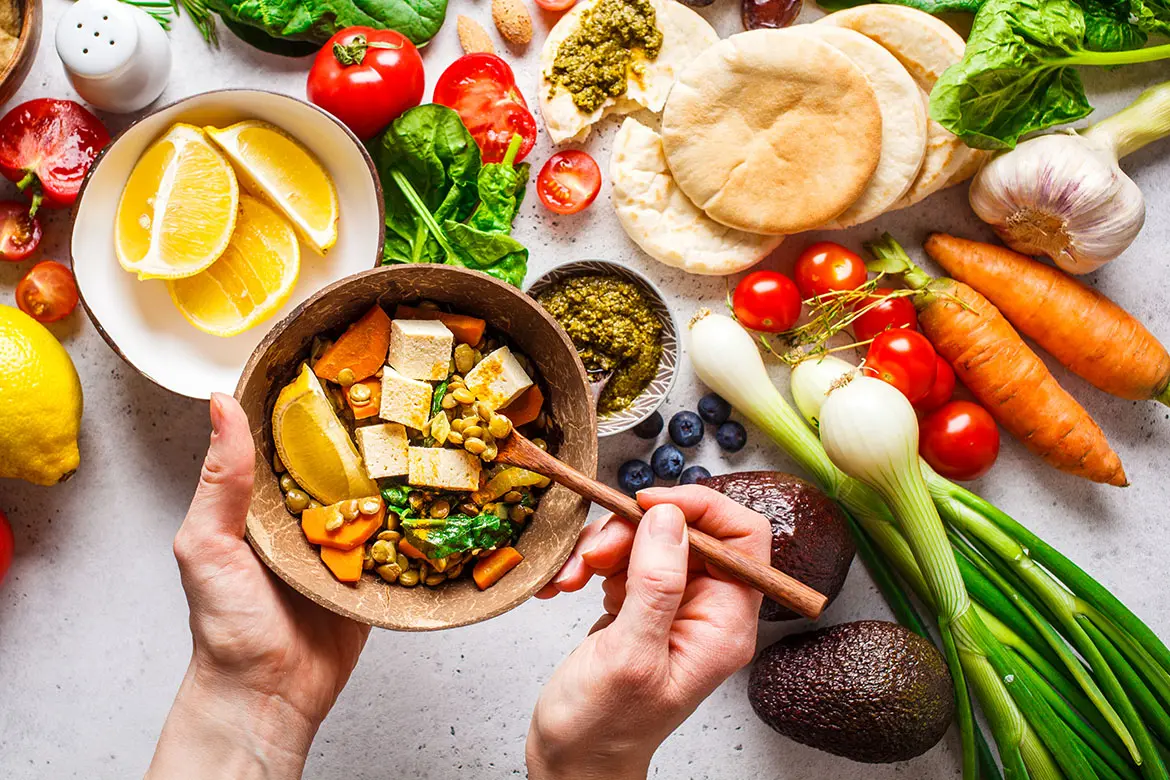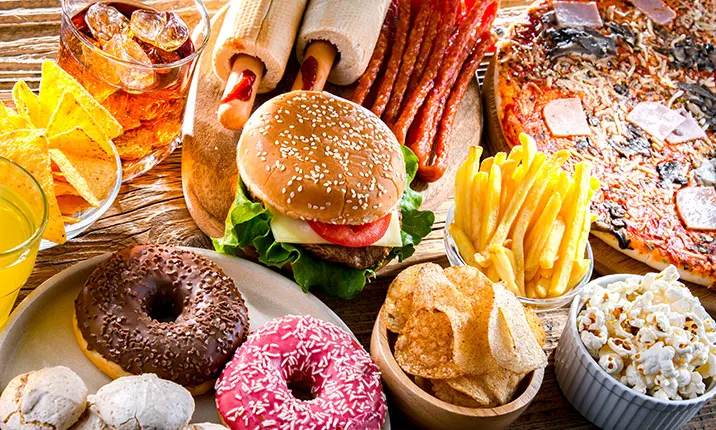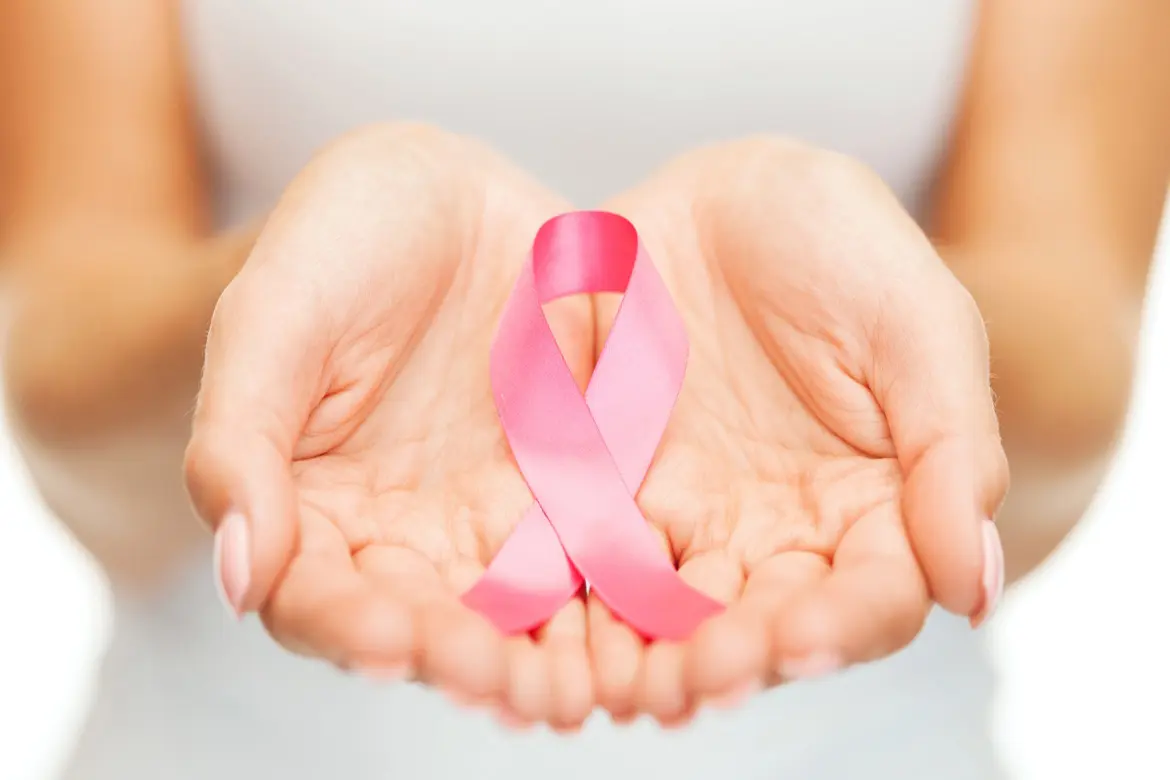It is often said that “you are what you eat”, and this is especially true when managing cancer, as your diet can significantly influence your overall health, energy levels, and even your body’s ability to tolerate and recover from treatment.
In fact, diet plays a crucial role in cancer care, influencing both the risks of developing cancer, recovery rates, and treatment outcomes. Studies have shown that up to a third of common cancers may be preventable through dietary changes, highlighting the importance of nutrition in cancer management.
Years of research have also indicated that a balanced diet can lower your risk of developing critical diseases such as heart attacks, strokes, diabetes, and cancer. Additionally, balanced diets can enhance the efficacy of treatments, improve the quality of life, and may even improve survival rates.
The Dos: Nutrient rich foods to include in your diet
Incorporating nutrient-rich foods is essential for cancer patients. Here are some key categories to consider:
- Fruits and vegetables: The best thing to remember when considering fruits and vegetables is to “eat the rainbow.” Eat as many fruits and vegetables as possible of different colours. These are high in essential vitamins, minerals, and antioxidants, which help prevent oxidative stress and inflammation.
- Lean protein: Aim for protein that is low in total and saturated fats. Sources of lean protein include poultry, fish, beef, tofu, legumes, and nuts. Avoid processed meat such as ham, bacon, and luncheon meat.
- Whole grains: Fibre may reduce cancer risk by binding to carcinogens and removing them from your body or promote healthy gut flora. Brown rice, quinoa, and whole wheat bread are examples of whole grains that are rich in fibre.
- Healthy fats: Foods high in healthy unsaturated fats, such as avocado, nuts, and olive oil, have many benefits, such as reducing inflammation, improving blood cholesterol, and supporting overall health.
- Hydration: Cancer treatment can take a toll on your body. Adequate fluid intake is crucial to prevent dehydration and support bodily functions.
The Don’ts: Foods to avoid or limit during cancer treatment
- Ultra-processed food: A recent study concluded that people who consume 10% more ultra-processed food have a 23% higher risk of head and neck cancers. This alarming statistic is just one of many concerning implications. Processed meat such as ham, bacon, and luncheon meat has also been linked to an increased risk of cancer.
- Processed and red meat: Evidence suggests that high consumption of these meats is linked to an increased risk of certain cancers. Limiting their intake can be beneficial.
- Alcohol: While moderate consumption may be acceptable for some, excessive intake is associated with an increased risk of several cancers and should be limited.
- Supplements without doctor approval: Some supplements and herbal remedies can interfere with cancer treatments or have adverse effects, for example on the liver. Always consult with your doctor before taking any supplements.
Tailoring your diet to your cancer treatment and recovery
Our bodies react differently, and dietary needs will vary depending on the type of cancer and treatment regimen. For some, chemotherapy may cause loss of appetite and nausea, and a rich diet may not be suitable for the palate. Hence, smaller and more easily digestible meals may be better tolerated.
On the other hand, those with gastrointestinal cancers such as colon cancer may be required to avoid high-fibre foods temporarily while undergoing treatment. Additionally, those with hormone-sensitive cancers, such as breast or ovarian cancer, may need to moderate their intake of phytoestrogens such as soy products. Remember to consult with a qualified nutritionist for a more well-rounded diet that will complement your recovery.
A balanced diet for better outcomes
Never underestimate the power of a balanced diet. Not only can it prevent diseases, but it can also influence treatment efficacy and recovery. While cancer treatment involves a cacophony of elements and diet alone cannot cure cancer, it plays an integral role in supporting patients through their journey and promoting better health outcomes.
To improve your overall health and enhance your treatment outcomes, focus on whole grains, incorporate lean protein and healthy unsaturated fats, and avoid processed foods. Consult with a cancer nutritionist to ensure that your dietary habits are in line with your treatment goals so you can ensure an improved quality of life during treatment and recovery.















